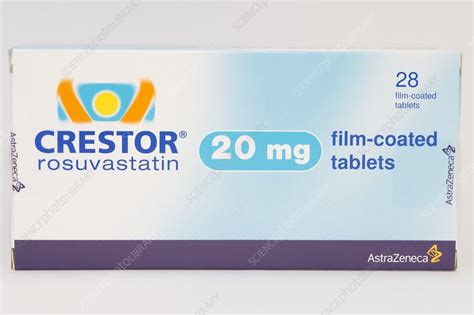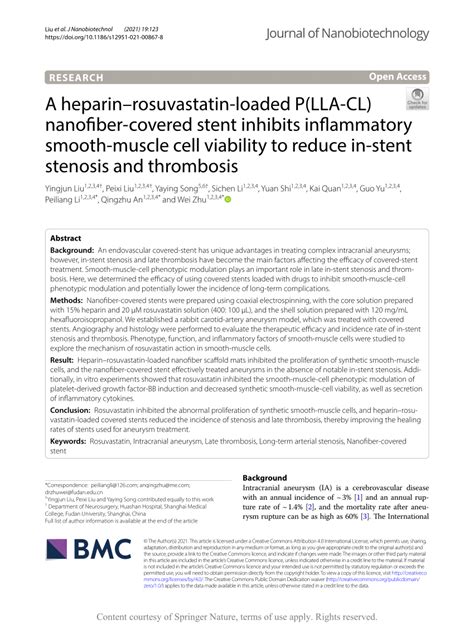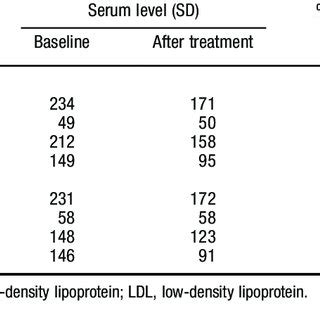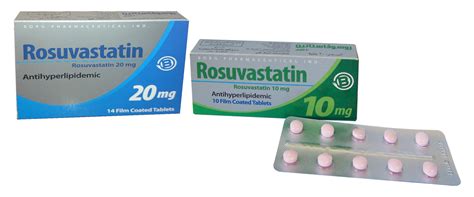Intro
Discover how Rosuvastatin works to lower cholesterol, reducing cardiovascular risk through statin therapy, lipid metabolism, and plaque formation inhibition, improving overall heart health.
Rosuvastatin is a medication that belongs to the class of drugs known as statins, which are commonly prescribed to lower cholesterol levels in the blood. It works by inhibiting the enzyme HMG-CoA reductase, which plays a crucial role in the production of cholesterol in the liver. By reducing the amount of cholesterol produced in the liver, rosuvastatin helps to decrease the overall level of cholesterol in the blood, thereby reducing the risk of heart disease and stroke. In this article, we will explore the different ways in which rosuvastatin works to achieve its therapeutic effects.
The importance of managing cholesterol levels cannot be overstated. High levels of low-density lipoprotein (LDL) cholesterol, also known as "bad" cholesterol, can lead to the buildup of plaque in the arteries, increasing the risk of cardiovascular disease. On the other hand, high levels of high-density lipoprotein (HDL) cholesterol, or "good" cholesterol, can help to remove excess cholesterol from the bloodstream, reducing the risk of heart disease. Rosuvastatin works to balance these cholesterol levels, promoting a healthier cardiovascular system.
Rosuvastatin has been shown to be effective in reducing the risk of cardiovascular events, such as heart attacks and strokes, in individuals with high cholesterol levels. It has also been found to be safe and well-tolerated, with a low risk of side effects. As a result, rosuvastatin has become a popular choice for the treatment of hypercholesterolemia, or high cholesterol. In the following sections, we will delve deeper into the mechanisms of action of rosuvastatin, exploring the different ways in which it works to achieve its therapeutic effects.
Rosuvastatin and Cholesterol Reduction

In addition to reducing the production of cholesterol in the liver, rosuvastatin also increases the uptake of LDL cholesterol from the bloodstream, further reducing the level of "bad" cholesterol. This is achieved through the increased expression of LDL receptors on the surface of liver cells, allowing for the removal of more LDL cholesterol from the blood. The combination of reduced cholesterol production and increased LDL uptake results in a significant decrease in the level of LDL cholesterol, reducing the risk of cardiovascular disease.
Benefits of Rosuvastatin
The benefits of rosuvastatin are numerous, and include: * Reduced risk of cardiovascular events, such as heart attacks and strokes * Decreased level of LDL cholesterol, reducing the risk of atherosclerosis * Increased level of HDL cholesterol, promoting the removal of excess cholesterol from the bloodstream * Anti-inflammatory effects, reducing the risk of cardiovascular disease * Improved overall cardiovascular health, reducing the risk of mortality and morbidityRosuvastatin and Inflammation Reduction

The anti-inflammatory effects of rosuvastatin are thought to be mediated through the inhibition of the mevalonate pathway, which is also involved in the production of cholesterol. By blocking this pathway, rosuvastatin reduces the production of isoprenoids, which are involved in the activation of small GTPases, such as Rho and Ras. These GTPases play a key role in the regulation of inflammatory signaling pathways, and their inhibition can lead to a reduction in the level of inflammation.
Rosuvastatin and Cardiovascular Health
The effects of rosuvastatin on cardiovascular health are numerous, and include: * Reduced risk of cardiovascular events, such as heart attacks and strokes * Decreased level of LDL cholesterol, reducing the risk of atherosclerosis * Increased level of HDL cholesterol, promoting the removal of excess cholesterol from the bloodstream * Anti-inflammatory effects, reducing the risk of cardiovascular disease * Improved overall cardiovascular health, reducing the risk of mortality and morbidityRosuvastatin and Lipid Profile

In addition to its effects on LDL and HDL cholesterol, rosuvastatin has also been shown to reduce the level of triglycerides, a type of fat found in the blood. Elevated levels of triglycerides can increase the risk of cardiovascular disease, and reducing their level can help to promote overall cardiovascular health. The combination of reduced LDL cholesterol, increased HDL cholesterol, and reduced triglycerides results in a beneficial lipid profile, reducing the risk of cardiovascular disease.
Rosuvastatin and Dosage
The dosage of rosuvastatin varies depending on the individual and the condition being treated. The typical dosage range is between 5-40 mg per day, taken orally once daily. The dosage may be adjusted based on the individual's response to treatment, as well as their overall health status. It is essential to follow the dosage instructions provided by the healthcare provider, as taking too much or too little of the medication can affect its efficacy and safety.Rosuvastatin and Side Effects

These side effects are usually mild and temporary, and may resolve on their own without the need for medical attention. However, in some cases, rosuvastatin can cause more serious side effects, such as:
- Liver damage
- Kidney damage
- Increased risk of diabetes
- Allergic reactions
It is essential to report any side effects to the healthcare provider, as they can help to determine the best course of action and adjust the treatment plan as needed.
Rosuvastatin and Interactions
Rosuvastatin can interact with other medications, including: * Warfarin * Cyclosporine * Gemfibrozil * Fenofibrate * RifampinThese interactions can increase the risk of side effects or reduce the efficacy of rosuvastatin. It is essential to inform the healthcare provider about all medications being taken, including prescription and over-the-counter medications, as well as supplements and vitamins.
Rosuvastatin and Pregnancy

Rosuvastatin and Breastfeeding
The effects of rosuvastatin on breastfeeding are not well-studied, and it is recommended that breastfeeding mothers consult with their healthcare provider before taking the medication. The potential risks and benefits of rosuvastatin during breastfeeding should be carefully weighed, and alternative treatments may be recommended.Rosuvastatin and Children

Rosuvastatin and Older Adults
The effects of rosuvastatin in older adults are similar to those in younger adults, and the medication is generally well-tolerated in this population. However, older adults may be more susceptible to the side effects of rosuvastatin, and the dosage may need to be adjusted based on the individual's response to treatment and overall health status.What is the typical dosage of rosuvastatin?
+The typical dosage range of rosuvastatin is between 5-40 mg per day, taken orally once daily. The dosage may be adjusted based on the individual's response to treatment, as well as their overall health status.
What are the common side effects of rosuvastatin?
+The most common side effects of rosuvastatin include headache, dizziness, nausea, diarrhea, muscle pain, and joint pain. These side effects are usually mild and temporary, and may resolve on their own without the need for medical attention.
Can rosuvastatin be used during pregnancy?
+Rosuvastatin is not recommended for use during pregnancy, as it can cause harm to the fetus. The potential risks and benefits of rosuvastatin during pregnancy should be carefully weighed, and alternative treatments may be recommended.
Can rosuvastatin be used in children?
+Rosuvastatin is not recommended for use in children under the age of 18, as the safety and efficacy of the medication in this population have not been established. The potential risks and benefits of rosuvastatin in children should be carefully weighed, and alternative treatments may be recommended.
What are the benefits of rosuvastatin?
+The benefits of rosuvastatin include reduced risk of cardiovascular events, decreased level of LDL cholesterol, increased level of HDL cholesterol, anti-inflammatory effects, and improved overall cardiovascular health.
In summary, rosuvastatin is a medication that works by inhibiting the enzyme HMG-CoA reductase, reducing the production of cholesterol in the liver and increasing the uptake of LDL cholesterol from the bloodstream. The benefits of rosuvastatin include reduced risk of cardiovascular events, decreased level of LDL cholesterol, increased level of HDL cholesterol, anti-inflammatory effects, and improved overall cardiovascular health. While rosuvastatin is generally well-tolerated, it can cause side effects, and the dosage may need to be adjusted based on the individual's response to treatment and overall health status. We encourage readers to share their experiences with rosuvastatin, ask questions, and engage in discussions about the benefits and risks of this medication. By working together, we can promote a better understanding of rosuvastatin and its role in maintaining cardiovascular health.
